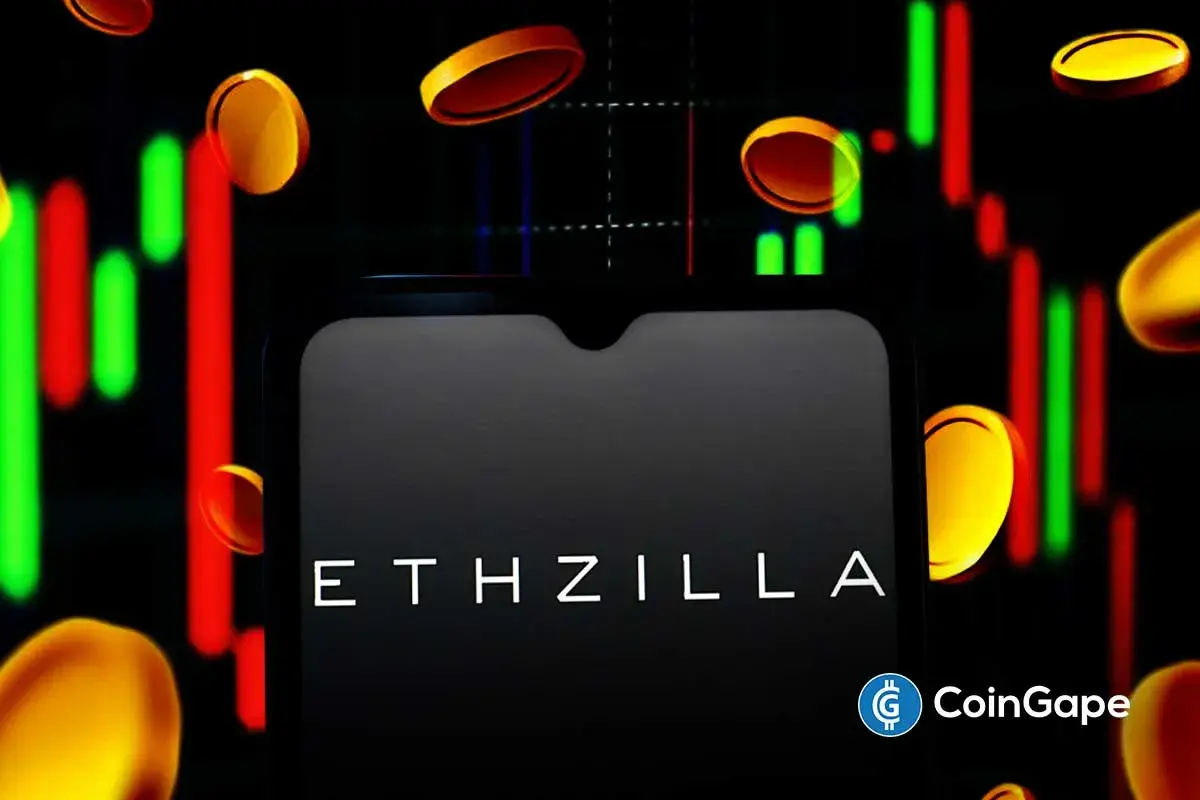Crypto Payments Scrutiny Intensifies with New Japanese FSA Guidelines

Highlights
- Japan tightens surveillance on crypto transfers post National Police Agency's fraud correlation.
- FSA advises financial institutions to monitor suspicious transfers to crypto exchanges.
- Japan offers tax breaks for long-term corporate crypto investments.
In a recent development initiated by Japan’s Financial Services Agency (FSA), financial institutions across the nation are now advised to strengthen their surveillance on what is called “illegal” transfers to cryptocurrency exchange providers.
This order is directly following a comprehensive review by Japan’s National Police Agency that correlates a large portion of the damages caused by specialized fraud cases with illegal money transfers via cryptocurrencies. Therefore, the FSA’s action call is to increase the protection of the users by demanding stricter regulation over transactions directed to providers of the crypto-asset exchange service.
Crypto Payments Enhanced Monitoring
FSA’s direction to financial institutions entails thorough due diligence in cases where the name of the sender is different from the account name of the service providers associated with crypto asset exchange.
However, focusing on identity theft, and money laundering prevention mainly, this recommendation leaves concern over its impact on legitimate peer-to-peer transfers i.e., where someone who owns a bank account wants to send money to another person’s crypto exchange account.
The financial watchdog therefore, stresses the need of individualized protective measures that are adaptive to the risks related to crypto payments in and out of crypto exchanges.
Revision of Tax Regime for Crypto Gains
Despite the increased scrutiny rigours on crypto transactions, Japan has also demonstrated a liberal position on the tax treatment of crypto assets. One of the significant changes is the acknowledgment by the government of the tax regime revision for 2024 that is to grant corporations exemption from tax on unrealized crypto gains, if such assets are held for the long term.
This initiative which still requires legislative endorsement is a significant departure from the current practice of taxing companies on the year-end market value of third-party-issued cryptocurrencies versus their book value.
The suggested amendment aims at promoting the investments in the digital currency by taxing the profits only at the disposition of such assets, therefore creating a better investment climate for corporate holders of the digital currencies.
Consequences for the Industry
Such a dual strategy by Japan where strict monitoring of suspicious crypto transfers is integrated with fiscal inducements for long-term crypto investing, is typical of a more sophisticated approach to the regulation of the expanding crypto market.
To avoid financial crimes related to digital currency, the FSA is introducing tighter controls over crypto transactions. At the same time, the tax regime changes highlight the Japanese bid to create a favorable environment for the development of the crypto industry.
Navigating the Regulatory Landscape
With Japan enhancing its regulation of crypto payments and providing more accommodative tax treatment for long-term crypto investments, the implications for financial institutions and the broader crypto industry are profound.
The critical responsibility of financial institutions is now to put in place an effective monitoring systems to detect and prevent illegal transfers. On the contrary, the crypto industry is likely to gain some advantage from the changes which aim at the corporate investment in digital assets.
These trends emphasize the proactive approach of Japan to the challenges and opportunities brought about by the digital currency market. Japan aims to create a safe and dynamic environment for cryptocurrencies by striking a balance between regulatory enforcement and economic incentives, becoming a role model for other countries on how to deal with the complexities of the crypto world.
Read Also: Crypto.com Applies For Hong Kong License Amid Tighter Regulatory Crackdown
Play 10,000+ Casino Games at BC Game with Ease
- Instant Deposits And Withdrawals
- Crypto Casino And Sports Betting
- Exclusive Bonuses And Rewards

- Democrats Convene US Senate Crypto Bill Meeting as a16z Briefs Republicans on CLARITY Act & AI
- After 820% Gains: Privacy Coins Evolve into Payment Rails
- Bitcoin Price Rebounds as Jane Street “10 am Dump” Pattern Stops Amid Lawsuit
- US OCC Proposes Rule to Implement GENIUS Act & Prohibits Stablecoin Yield
- ETHZilla Abandons Ethereum, Rebrands as Forum to Focus on RWA Tokenization
- Dogecoin, Cardano, and Chainlink Price Prediction As Crypto Market Rebounds
- Will Solana Price Rally to $100 If Bitcoin Reclaims $72K?
- XRP Price Eye $2 Rebound as On-Chain Data Signals Massive Whale Accumulation
- Ethereum Price Reclaims $2K- New Rally Ahead or a Temporary Bounce?
- COIN Stock Price Prediction as Wall Street Pros Forecast a 62% Surge
- Cardano Price Signals Rebound as Whales Accumulate 819M ADA

 Buy Presale
Buy Presale

















